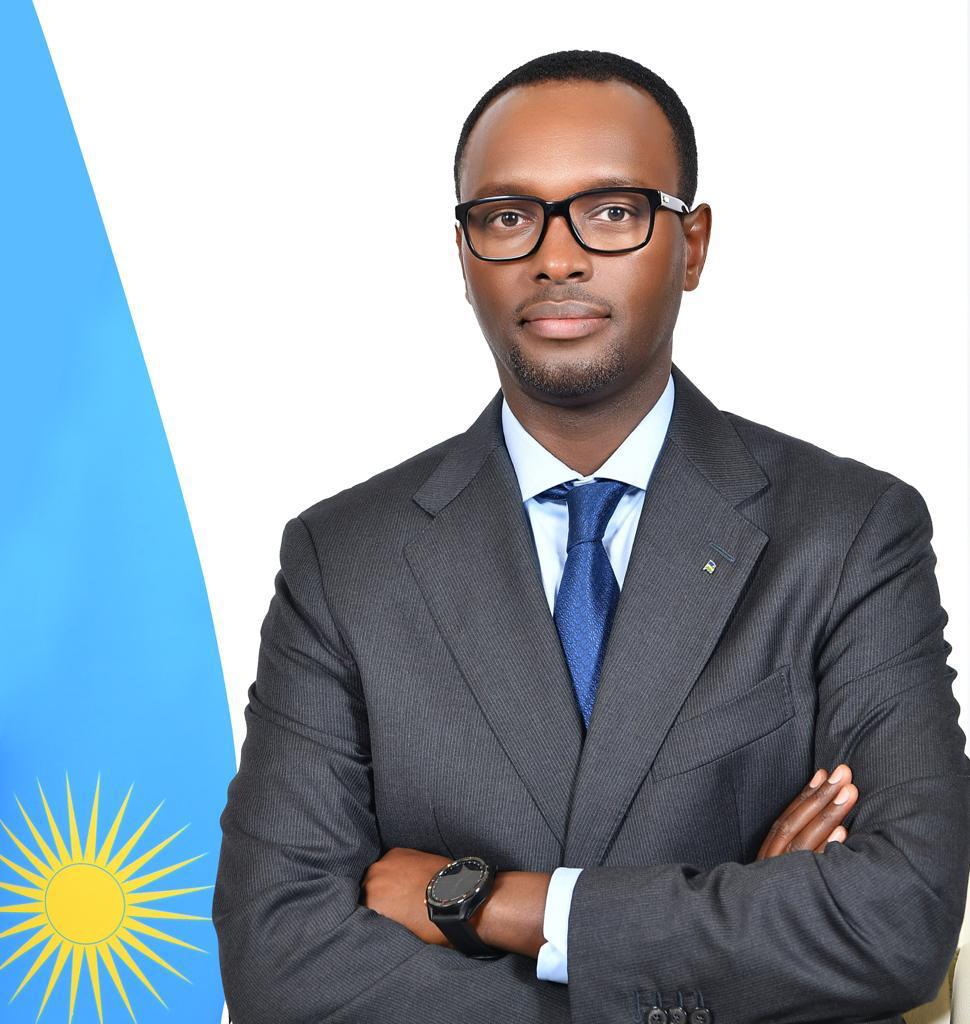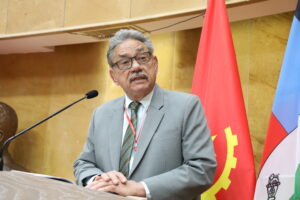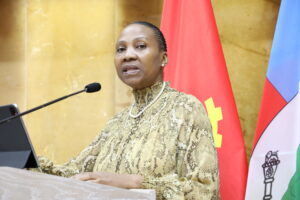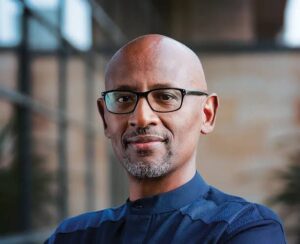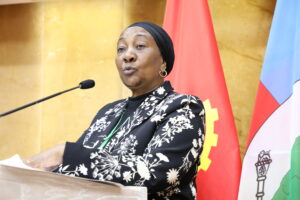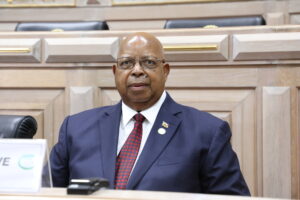By Emmanuel Hategeka
Rwanda will this month, starting from April 7, 2024, commemorate the 30th anniversary of the Genocide against the Tutsi. “Kwibuka,” meaning “to remember.”
As always, it marks an annual period of solemn reflection in Rwanda. It is a time when we honor the victims, unite in our collective grief, and renew our commitment to building a better future for all Rwandans.
This significant act of preserving memory and ensuring that the history of the genocide is recounted accurately is crucial to the Rwandan people. It might not seem directly relevant to our brothers and sisters in South Africa at first glance, yet the international community’s role in this tragedy links us.
Every nation, including South Africa, can benefit from reflecting on the lessons from the preventable genocide, a result of unchecked division and hatred.
Over three decades ago, in just 100 days, more than one million Tutsi were murdered simply for being Tutsi. Hutus who opposed the genocidal government were also killed. This ‘crime of crimes’ unfolded with appalling speed and brutality, in full view of an international community that, at best, remained indifferent, with some members even complicit in the killings.
No one came to Rwanda’s aid until the Rwandan Patriotic Front captured Kigali and defeated the genocidaires. This genocide demonstrated the consequences of allowing government-sponsored ideology, built on hatred, to flourish unchecked.
Despite foreign governments and international bodies failing Rwanda, it’s important to acknowledge the brave organizations and individuals on the ground who made heroic efforts. Notably, the ANC’s objection to South Africa’s apartheid government selling arms to Rwanda’s then-genocidal regime highlights a shared commitment to justice.
Internationally, New Zealand, Nigeria, and the Czech Republic advocated at the UN Security Council for intervention, albeit with limited success. Permanent Representative Colin Keating of New Zealand and Chief Delegate Prof. Ibrahim Gambari of Nigeria proposed separate resolutions advocating for increased troop deployment and a mandate for those troops to protect civilians.
Ambassador Karel Kovanda supported the calls for more decisive action and was the first to use the term “genocide” within the Security Council while describing the events in Rwanda. These few voices strove to sound the alarm to a world that chose not to listen.
This significant anniversary is more than a remembrance. It’s a call to the world to reflect on the lessons of the Genocide and the ongoing struggle to maintain historical integrity.
There has been a concerted effort to deny the Genocide happened as we know it.
Genocide deniers employ various tactics, from questioning the number of victims—despite lacking evidence against the verified figures—to blaming the victims for causing the Genocide. They even suggest false equivalencies, like the notion of a double genocide.
These tactics are not new and have been used by those who deny other genocides, such as the Holocaust. However, the distortion of historical facts, now amplified by social media and AI tools in the hands of deniers, poses a significant risk. Without vigilance, these distortions could spread globally, turning established history into a subject of debate.
Rwanda’s history has profoundly shaped the shared identity of its people, underscoring the importance of historical clarity about the Genocide against the Tutsi, both nationally and internationally. The memorials that Rwanda maintains, four of which UNESCO has designated as World Heritage Sites, are crucial for anchoring the truth. Truth is fundamental to reconciliation and renewal. The artifacts we preserve serve as our evidence, while the stories we tell stand as witness testimony.
Our collective memory serves as a global warning: the ideology that fueled the Genocide must never be allowed to flourish and spread again. Regrettably, this is occurring today just beyond Rwanda’s borders.
From April 7 and beyond, we ask that South Africa stand in solidarity with Rwanda. We ask that you do this to honour the memory of all Rwandans who lost their lives, and others who did their best to help during Rwanda’s darkest hour. And we ask for your solidarity in preserving the true account of Rwanda’s history so that the world can match the words ‘never again’ with tangible action to prevent history from repeating itself.

The author, Ambassador Emmanuel Hategeka, is the Rwanda High Commissioner Designate in South Africa






